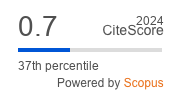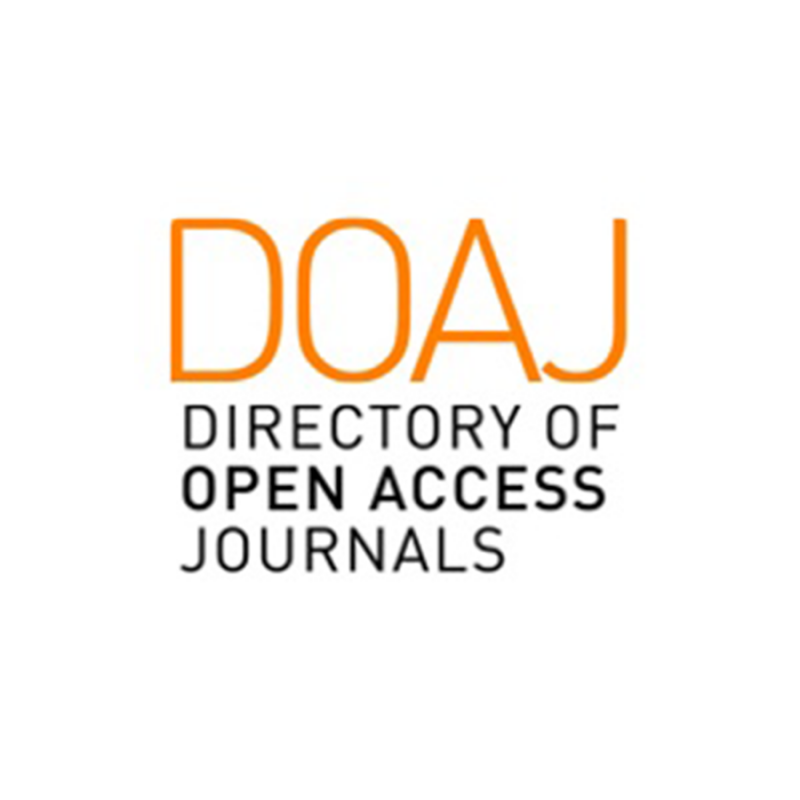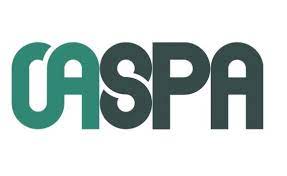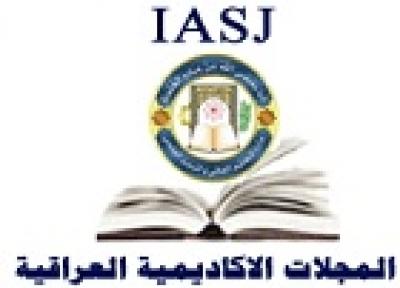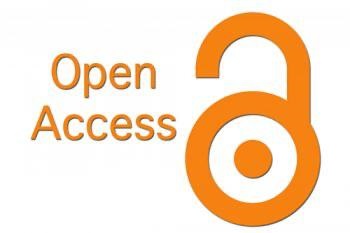AI-Based Academic Integrity and Quality Assurance Policy (NEW)
Effective Date: January 1, 2026
To ensure the highest standards of research integrity and editorial transparency, the Al-Kindy College Medical Journal (KCMJ) has adopted an AI-Based Academic Integrity and Quality Assurance Framework.
This policy defines the principles and procedures for the responsible use of artificial intelligence in detecting and preventing unethical or low-quality publication practices.
Purpose and Scope
The AI-assisted framework supports the editorial process in maintaining research credibility, ensuring transparency, and detecting violations of publication ethics. The system operates under human oversight and complements the journal’s compliance with COPE, OASPA, and DOAJ ethical standards.
Areas of Assessment
The AI-based system assists editors in identifying and addressing potential ethical concerns, including:
-
Detection of retracted or unreliable citations.
-
Identification of excessive or coercive self-citations.
-
Recognition of “hallucinated” or fabricated citations.
-
Detection of tortured phrases and linguistic manipulation.
-
Analysis of collaboration networks and authorship integrity.
-
Monitoring for potential conflicts of interest or citation bias.
Implementation and Oversight
All submitted manuscripts are screened using AI-assisted tools during the editorial and pre-publication phases.
Findings from these analyses are interpreted by the Editor-in-Chief and Associate Editors, ensuring that final decisions remain based on editorial judgment, not automation. Authors may be contacted for clarification or correction when necessary.
Confidentiality and Data Protection
The system is used exclusively for internal quality control. No author data are shared beyond the editorial board. All analyses comply with the journal’s privacy and ethical standards.
Editorial Responsibility
AI tools are advisory in nature and do not replace human editorial oversight. All detected issues are handled in accordance with COPE’s flowcharts and ethical procedures to guarantee fairness and transparency.
Scope Limitation
-
The journal’s AI tools are used solely for integrity screening (e.g., detecting retracted or unreliable citations, fabricated/hallucinated citations, excessive or coercive self-citations, tortured phrases, authorship/collaboration anomalies, and potential conflicts of interest).
-
AI outputs are advisory only. No editorial decisions (accept, revise, reject) are made automatically; all findings are interpreted by editors in context.
-
AI is not used to evaluate scientific merit, novelty, methodology, or conclusions, and it is not used to draft peer reviews or editorial content.
-
Submitted materials are not used to train external AI models. Data processing follows the journal’s privacy standards with minimal retention and deletion in line with editorial workflows.
-
Authors may request a brief summary of any integrity concerns identified by AI-assisted checks; appeals are handled under COPE-aligned procedures.
Policy Review
This policy is reviewed annually by the Editorial Board to ensure its alignment with international standards and evolving technologies in academic publishing.
Note: This policy was approved by the Editorial Board in November 2025 and will be fully effective starting from Volume 21, Issue 1 (2026).


